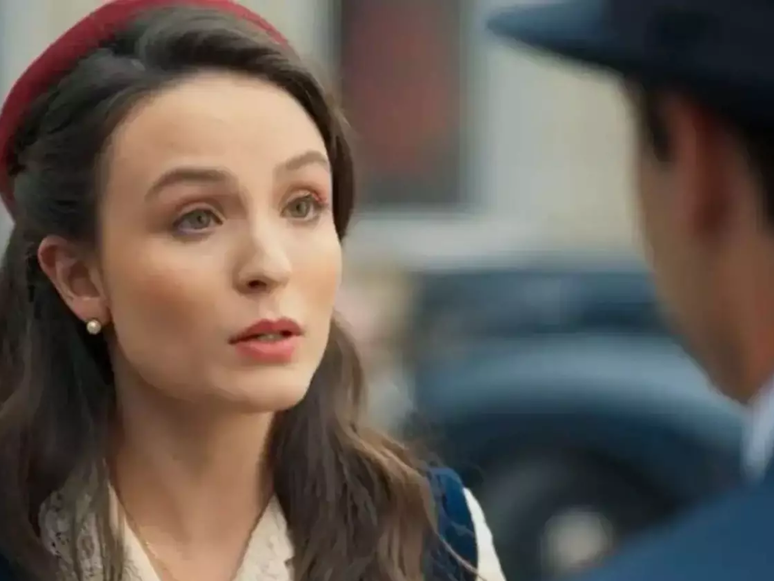A title problem
Hollywood production and distribution companies observe each other constantly and intensely. In particular, to establish their respective exit strategies and avoid conflicting agendas. Recent example: catastrophic planning exit of Mission: Impossible – Dead Reckoning Part 1a week before the joint release of Barbie AND Oppenheimer. But other conflicts can arise over elements that could pass for details, even if the stakes are very important.

This is what happened between Paramount Pictures and Disney studios in 2015, the year of the release of Mission: Impossible – Rogue Nation and the announcement of the film Rogue One: A Star Wars Story. Subject of the conflict: the use of the term “Rogue” in both titles.
First come first served
Even though the films have nothing to do with each other, the intellectual property framework is such that the near-simultaneous use of “Rogue” in two film titles was not obvious. The standard established by the MPAA (Motion Picture Association of America) is clear on this topic. In this specific case, it is the first titled film to be registered and validated by the MPAA which has “ownership” of the title.
Paramount Pictures then registered and validated the title Mission: Impossible – Rogue Nation In January 2015or 7 months before its American release July 31st. The registration of the title therefore took place well before the announcement of the Star Wars film. This was in fact made by Bob Iger on 1March 2, 2015during the annual shareholders conference, with a release scheduled for December 2016.
At that time, second Hollywood Reporter sourcesthe title Rogue One: A Star Wars Story has not yet been registered with the MPAA. Technically, Paramount Pictures could then simply force Disney to change the title. Even blocking the release of the film if Disney refused to change it. The MPAA, in fact, does not claim the right to force the authors of a film to change the title, preferring to leave the resolution of the dispute to the studios involved.
Paramount Pictures is diplomatic
Did it occur to the executives at Paramount Pictures to declare war on the giant Disney and its important Star Wars license? We will never know. The resolution of the “Rogue” controversy was private and swift between the two studios. Paramount Pictures actually granted Disney the right to use the term “Rogue” and therefore retain the title Rogue One: A Star Wars Storyhas only one condition.
What Disney Strictly Doesn’t Do no public promotion of his new Star Wars movie before the film’s release Mission Impossible. An exception will be made for a very short clip that will be shown in April 2015 at a Star Wars event.

The speed and simplicity with which the solution was found may be intriguing, given that Disney does not have a reputation for being an easy customer at the negotiating table. Another question regarding this film Mission Impossible and another movie Star Wars had happened some time before, and its outcome can perhaps explain why Disney responded positively and quickly to the condition posed by Paramount.
In fact, originally, Mission: Impossible – Rogue Nation he had to go out December 25, 2015. That is, a week after the release of Star Wars Episode VII: The Force Awakens. Two successful releases too close together. Paramount Pictures therefore committed to bringing forward the film’s release end of July 2015, leaving the field free for the Disney film. A quick resolution, too, and probably facilitated by the double involvement of JJ Abrams, producer of the two films through his company Bad Robot Productions, and director of the film Star Wars.
Source: Cine Serie
Ray Ortiz is a journalist at Gossipify, known for his coverage of trending news and current events. He is committed to providing readers with accurate and unbiased reporting, and is respected for his ability to keep readers informed on the latest news and issues.





![[EXCLU] “It works before thinking” … Will Julian be able to regain the trust of those around him in the light of everything? Alex doxes responds [EXCLU] “It works before thinking” … Will Julian be able to regain the trust of those around him in the light of everything? Alex doxes responds](https://fr.web.img6.acsta.net/img/ec/ef/ecef0538cfe93c69b21a917fca839e51.png)



